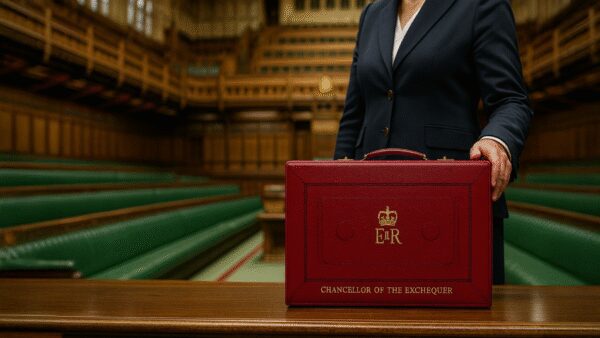In an era where corporate responsibility is under intense scrutiny, brands are increasingly recognising the importance of aligning their practices with Environmental, Social, and Governance (ESG) standards. From a legal perspective, ensuring ESG compliance is not merely a moral or ethical obligation; it is a strategic imperative that safeguards brands against legal and reputational risks. This article explores the reasons why brands must prioritise ESG compliance to navigate the complex legal landscape effectively.
1. Mitigating Legal Risks
The legal landscape is evolving rapidly, with governments worldwide implementing stricter regulations to address environmental concerns, promote social justice, and enhance corporate governance. Non-compliance with these regulations can lead to severe legal consequences, ranging from fines and penalties to litigation. By prioritising ESG compliance, brands can proactively address these legal risks, ensuring that their operations align with evolving legal standards.
2. Protecting Reputation
A brand’s reputation is one of its most valuable assets, directly influencing consumer trust and loyalty. Non-compliance with ESG standards can lead to reputational damage, resulting in a loss of customer confidence and loyalty. Moreover, in the age of social media and instant communication, negative news about a brand’s environmental impact, social practices, or governance issues can spread rapidly, causing long-lasting harm. ESG compliance acts as a shield, helping brands not only meet societal expectations but also protect their reputation in an increasingly interconnected world.
3. Attracting Investment
Investors are becoming increasingly discerning about where they allocate their capital, and many are integrating ESG considerations into their decision-making processes. ESG compliance signals to investors that a brand is committed to sustainable and responsible business practices, reducing investment risk. Brands that prioritise ESG initiatives are more likely to attract socially conscious investors, leading to increased funding opportunities and a positive impact on shareholder value.
4. Enhancing Stakeholder Relationships
ESG compliance goes beyond regulatory obligations; it reflects a brand’s commitment to its stakeholders, including employees, customers, suppliers, and the communities in which it operates. Prioritising environmental sustainability, social responsibility, and strong governance practices fosters positive relationships with stakeholders. This can lead to increased employee satisfaction, customer loyalty, and improved supplier and community relations – all essential components of a thriving and sustainable business.
5. Future-Proofing Business Operations
As global concerns about climate change, social inequality, and ethical business practices intensify, ESG compliance is emerging as a fundamental aspect of future-proofing businesses. Brands that integrate sustainable and responsible practices into their operations are better positioned to adapt to changing regulatory landscapes and societal expectations. By staying ahead of the curve, these brands can navigate legal challenges more effectively and maintain a competitive edge in the market.
Conclusion
ESG compliance is not just a moral obligation; it is a strategic imperative for brands in today’s legal landscape. By prioritising environmental sustainability, social responsibility, and strong governance practices, brands can mitigate legal risks, protect their reputation, attract investment, enhance stakeholder relationships, and future-proof their business operations. As legal advisors, we recognise the importance of ESG compliance for clients, and work to guide them towards a sustainable and resilient future.
To discuss any of the points raised in this article, please contact Ann-Maree Blake or fill in the form below.









